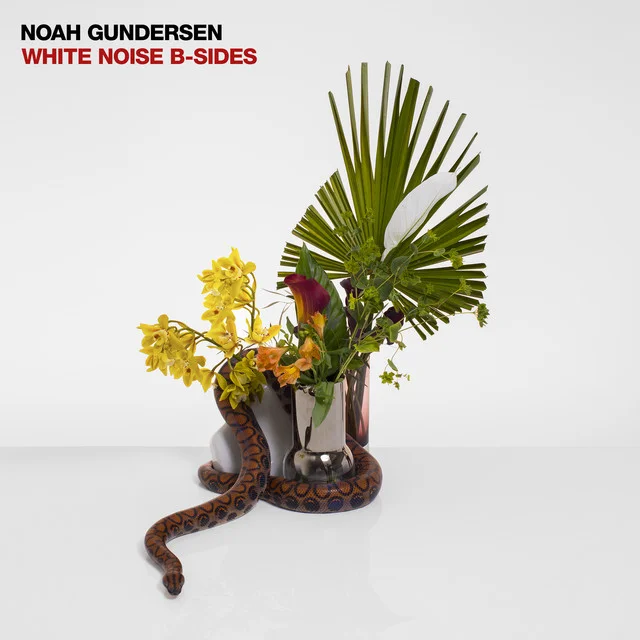reading "Writing Poems in the Shadow of Death" in Lent
It is hard to believe that it will have been 3 years this June since our friend Aaron entered life eternal. I still miss him dearly and think of him often. As I wrote at the time, I didn't know him that well. I'd met him once, visited with him for a couple of days, and read his writing a lot both before and after we met. But his writing: oh, his writing—not flawless, nor was he, yet he had a gift that cannot be taught. The more poetry I read, the more I realize how artful his poems actually were: the structure and form are there (he knew what he was doing), but so cloaked in his unique vocabulary and personality that you are not aware of them.
It's Lent as I write this. Lent has a way of cracking open the heart. It hurts, I don't like it. Aaron's writing is a little like that: he wrestled with doubt and belief, grief and joy, sacred and profane, life and death. It's heady stuff. When you mix these things they produce heat. Reading this thin volume even now produces that same sensation in my gut: heat, unease, a little pain, and a renewed longing and hope for the deliverance of the Resurrection promised by a loving God.
Last year I got two lines from "Everything that Passes" tattooed on my arm. The poem is written like vows, so much so that if I live long enough to marry, I want this poem read at my wedding. It serves now as vows of a different kind.
The poetry and prose from his site is presented as complete and untouched as possible in this little book, typos and Greek and line breaks and all. I honestly don't know if Aaron would have liked it—it might not have met his requirements, or he might have tried to say it wasn't good enough to be brought before a wider audience. But we needed this, we needed a physical, tangible reminder of the friend we lost, because we are still trying to find within its purposeful words a reason for our loss of him.
When Aaron was alive in this world, his writing encouraged me to write. Now that he is alive to eternity, his absence encourages me to better love my living friends. To pick up the phone, write that letter, send that text. To be there, to show up, to mourn with those who mourn and rejoice with those who rejoice. Like Lent, this hurts, and I don't love it. I've written before about being sacrificed alive: sanctification sucks. But fleeing it, fleeing the pain of being made holy lands you a life you don't actually want, a kind of living death. Aaron was, at least when I knew him, facing up squarely to life. I hope his writing helps you do the same.







